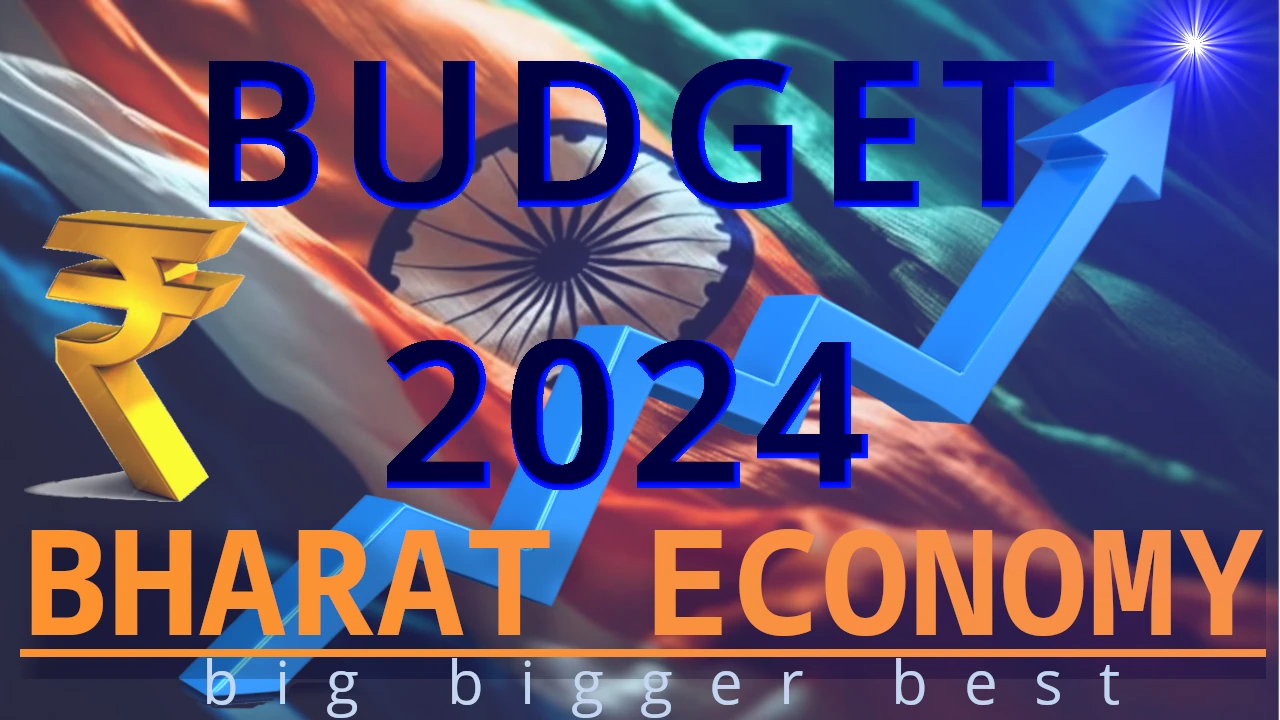The Budget Session of the Indian Parliament has been extended until February 10, with the aim to present a comprehensive White Paper that details the economic status of India before and after the year 2014. As the proceedings of the Lok Sabha continue in New Delhi, one significant alteration is the omission of the Question Hour in the extended session.
Prime Minister Narendra Modi took the floor of the Rajya Sabha to respond to the Motion of Thanks on the President’s address. He seized the opportunity to criticize the former Congress government for alleged mismanagement, including territorial concessions and propagating divisiveness within the country. Modi also responded to comments from opposition leaders, particularly highlighting Congress Rajya Sabha leader Mallikarjun Kharge’s ‘400 paar’ remark and referencing TMC leader Mamata Banerjee’s projection of Congress’s performance in the upcoming 2024 Lok Sabha elections.
The much-anticipated ‘white paper’, which Finance Minister Nirmala Sitharaman first mentioned during her budget speech, is scheduled to be introduced in the Lok Sabha. This document is anticipated to outline the ‘poor financial state’ prior to 2014 and subsequently chart out the economic improvement during the Modi government’s tenure. Sitharaman has described the situation in 2014 as crisis-ridden, asserting that the current government has effectively steered the country into a stable growth trajectory.
This information-dense government report, commonly referred to as a ‘white paper’, aims to inform public policy and is expected to consolidate the government’s stance on the financial state of India predating their governance. It also is seen as a strategy for the ruling party to set the stage for the narrative leading into the Lok Sabha elections which are just around the corner. In the backdrop of these discussions, an emphasis is laid on the state of the economy in 2013, when India was considered one of the ‘fragile five’, and how the trajectory has changed according to the current administration.
